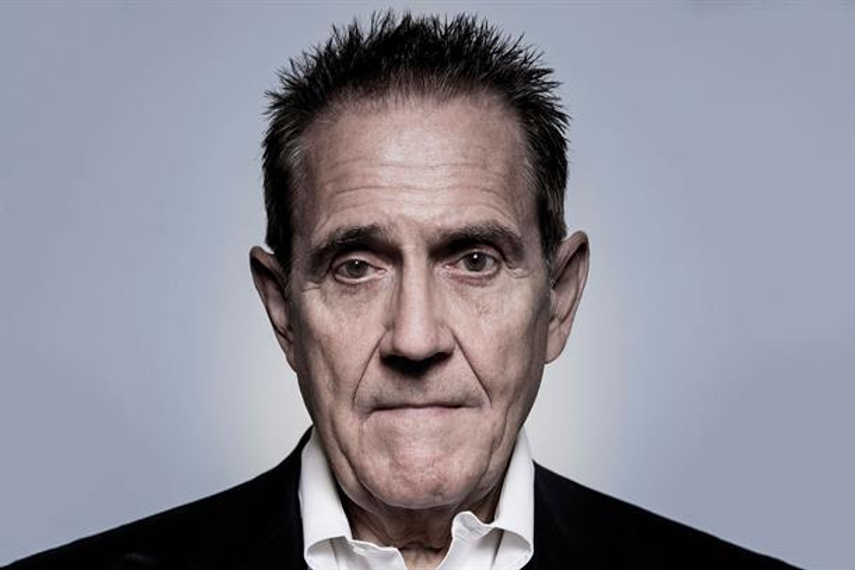
Please sign in or register
Existing users sign in here
Having trouble signing in?
Contact Customer Support at
[email protected]
or call+91 22 69489600
The author explains how a company's revenue went from $40m to $400m when they fired the marketing department

Contact Customer Support at
[email protected]
or call+91 22 69489600
Top news, insights and analysis every weekday
Sign up for Campaign Bulletins
Stagwell’s APAC study finds ads perform similarly across business, politics, crime, and entertainment—the Singapore Future of News forum goes ahead despite the holding company’s recent storm.
Mark Zagorski says AI is moving fast, but most platforms “don’t get advertisers.” Under Adalytics scrutiny, DV is betting on social, CTV, and open web programmatic to stay indispensable to brands.
Its new campaign calls time on tech talk and hidden terms, questioning whether AIoT is clarity—or just clever marketing.
INSIDE THE AD: In a market obsessed with speed and cashback, Airtel Payments Bank’s latest campaign urges Indians to slow down—and bank smarter.